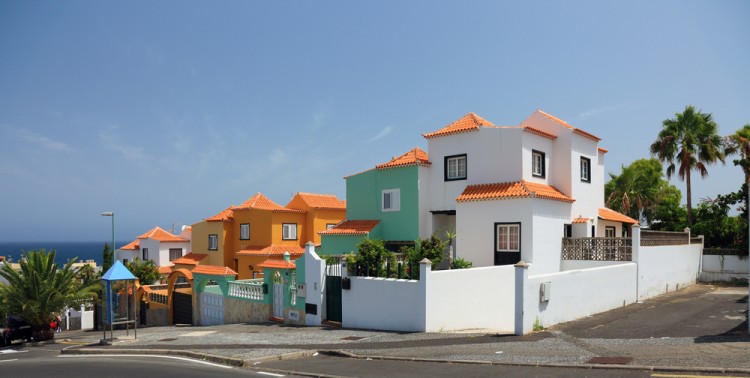The COVID-19 pandemic has had an adverse effect on Tenerife since it is a tourist destination. Due to the travel restrictions, there have been fewer visitors to the island since 2020 when the virus took hold. Also, part of the local economy is made up of non-resident holiday-home owners. These individuals have struggled to visit the island since March 2020 because of self-isolation, lockdowns, financial uncertainty, travel restrictions, and the fear fuelled by the pandemic.
Employers and employees in Tenerife have experienced lots of difficulty due to the tourist centric nature of the island but thanks to the ERTE Furlough schemes, employees have continued to receive at least 70% of their wages (due to a reduction of tourists in the tourism and hospitality industry).
The same is expected to continue for a substantial period in 2021. A lot of individuals have also enjoyed relief from other payments such as finance payment holidays, mortgage, court protection against residential evictions, concessions from landlords, and much more.
Numerous Tenerife estate agents have been working hard to mitigate the fallout of the pandemic and preparing for a bounce when it comes.
It’s harder to discern the real effect of the pandemic until tourism fully resumes and these reliefs, benefits, and tax breaks, are halted. Therefore, the real impact of the COVID-19 pandemic on Tenerife will not be revealed until the end of 2021 and early 2022. It’s easy enough to paint a negative picture on the surface based on the current situation. In 2008, people previously discovered that whatever might appear to be a disaster on the surface mostly comes with positive effects on the economy in the long term.
When the previous crisis hit, Tenerife was flooded with substandard bars, workmen and restaurants. Most of the employees sought out a living with inferior products and shoddy services. In 2008, the financial crisis simply cleared out the deadwood.
As a result, most of the businesses that survived continued thriving. By 2010, most of these businesses were of a higher calibre. They also learned to work and give their customers what they actually wanted.
With regards to the Tenerife property market, there has been a notable decrease in sales between 2020 and 2021. Well, that’s not a huge surprise because potential buyers have not been able to visit the island to look at properties for sale.
Also, they have been unable to complete pending purchases. A lot of potential buyers might be holding fire on potential purchases because of the travel and economic uncertainties. For most buyers in the UK, Brexit brought about a lot of uncertainty. That’s because of the default changes of residential requirements that set in starting January 2021.
Surprisingly, property prices have remained only slightly depressed throughout the 2020 pandemic. Just like in the previous economic crisis, popular properties such as frontline apartments, luxury villas and many more, still maintain higher prices without a shift in the market value since March 2020. That’s because they are not readily available.
However, reductions and discounts are quite common in the properties in less demand. These include rustic properties, out of town properties, and fixer-uppers. Without any movement in the property market, there has been a huge backlog in motivated sale properties waiting to be shifted. These include properties being sold after a death or divorce. As such, bargain hunters have a lot of options to consider.




